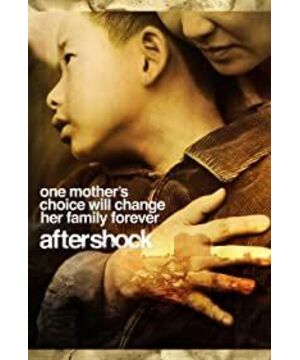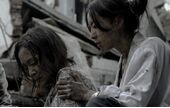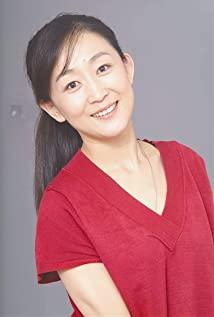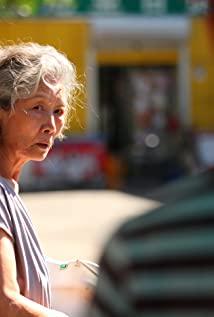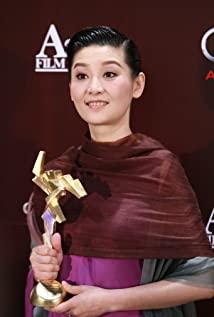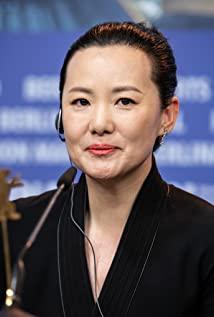After finally watching the download, the first impression is that Feng Xiaogang's films are warmer, more civic, and detailed, which is his strength. Some parts of the film are really tear-jerking—note, I didn't say "moved", but "tear-jerking." Although there are also some moving points in the film, but generally speaking, it is more tearful than moving: I remember Frank Capra or who said that a movie that makes people cry couldn't be easier to make, find an injured kitten and puppy Just put it in front of the lens. But it is not so easy to evoke a deep emotion. "Tangshan Earthquake" uses such a big background to say the word family, and it has not been explained clearly. It can't be said that it is worth the 600 million box office (of course, the box office is worth it). Often not directly related to video quality).
The first half of the film was filmed patiently and delicately, and it can be seen that Director Feng has a lot of affection for that era - you will find that the camera always seems to stay emotionally on old fans, bicycles, shop signs, etc. with a sense of the times. on the utensils. The passage of Chairman Mao's death has little effect on the film, but the director has made a lot of preparations here. In fact, the tender feelings towards the Mao era in the whole film and Zhang Yimou's revelation in "Love of the Hawthorn Tree" Very close, the fifth generation of directors coincides again, it is worth pondering.
After 1985, the plot of the film began to become jumpy, sloppy, lacking the focus of the narrative, and the more it went back, the more it fell into the cliché - clich is okay, it is a good bridge if used well, the key is that the story develops too much. Deliberately put together an ending that everyone can see from a distance, and there are no surprises and conflicts in the process. Maybe it's okay that we don't feel bored. The scene in the Wenchuan earthquake was not bad, but the Sichuan woman's cry for her daughter's leg completely ruined the scene - just like Xu Fan's performance in the daughter's homecoming scene, this hoarse overact can only make people come out. It also shows the director's lack of strong control. This control is the most important quality in both tragedy and comedy.
There is not much to say at the end. Can the joys and sorrows of a family, or just the love and hate between mother and daughter for 32 years, pay tribute to the people of Tangshan? I don’t know if this is the right conclusion, but after watching the film, I suddenly doubted: the understanding of move on after a tragedy in Western films is to find a new life, a new partner, and live a happier life; while in the film we are talking about suffering, Forbearance, self-restraint and rites. As far as individuals are concerned, there is no right or wrong, but when resorting to movies, I always feel that these moral values are not so bright, beautiful and harmonious. Finally, I offer a joking alternative interpretation -
the two children of the Fang family are metaphors for two political propositions: Fang Da is born and raised with Chinese characteristics...; Fang Deng represents the Western-style master of X. Mother Fang is naturally the motherland. Since the death of the great leader in 1976, Fang Ma has been faced with a helpless choice between two paths. In the end, she chose Fonda. Look at Fang Deng later, rebellious (must go to medical school, get pregnant out of wedlock, single mother), pro-Western (teaching English, marrying a foreigner), resentment towards his mother for not understanding... Later, I finally realized that my mother is also a last resort, In the end, the auspicious three treasures are reunited, and everyone can finally regain harmony at the tomb of the absent "father". As for the foreign son-in-law? Don't try to get involved!
View more about Aftershock reviews


